
Bipolar disorder causes significant problems with regard to changing or shifting of moods, energy and function. Changes in a person can either be subtle or dramatic and quite evident. Types of changes can vary greatly throughout the life of someone who suffers from this condition. This condition is widespread and should not be taken lightly by any means. Around ten million people are believed to be suffering from this problem in the United States alone. For the most part, this is a lifelong condition.
Causes
The exact cause is not entirely understood. However, there are a multitude of factors that might combine in order to cause the onset of bipolar disorder. The condition is often hereditary, and comes about as a result of a chemical imbalance in the brain. Stressful environment and a negative lifestyle might also have an impact in causing bipolar disorder to occur. Hyperthyroidism can also trigger the onset of bipolar disorder. It should be remembered that the disorder can also occur without any clear trigger.
Symptoms
A word that is generally associated with this type of disorder is ‘mania’, particularly with regard to the activated phase of the bipolar disorder. Symptoms of this part of the condition include increased physical or mental activity, racing thoughts and flightiness, accelerated speech, ambitious plan-making, risk taking, lack of sleep and impulsive activity.
The other phase of bipolar disorder is the depressive phase. Symptoms of this include energy loss, sadness, restlessness, decreased activity, anxiety, lack of interest, guilt, suicidal tendencies and a change in appetite.
A mixed state is said to occur when there is some intermingling of the symptoms of both phases of the disorder. Rapid cycling occurs when an individual experiences an increased frequency of episodic occurrence. Rapid cycling is said to occur if four or more episodes occur within one year. Those with this type of episodic background are said to have bipolar disorder with rapid cycling.
Treatment
There is no definite cure for the condition known as bipolar disorder. However, it is possible to manage and treat the illness. Medical plays a vital role in the successful treatment of the condition. Other elements in the treatment of bipolar disorder are cognitive-behavioral therapy, interpersonal therapy and family therapy. Some might also take part in psycho-education, which will help people to understand the condition from which they suffer and to act and react accordingly. Some changes or variations to the medication regime might also be required.



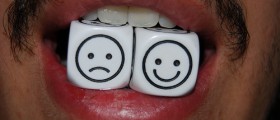
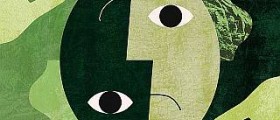


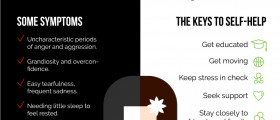



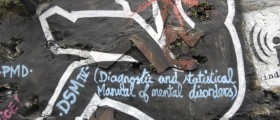


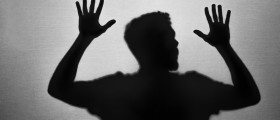
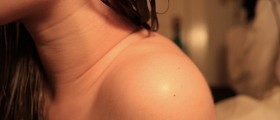
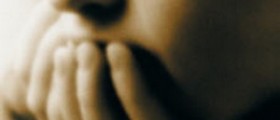
Your thoughts on this
Loading...